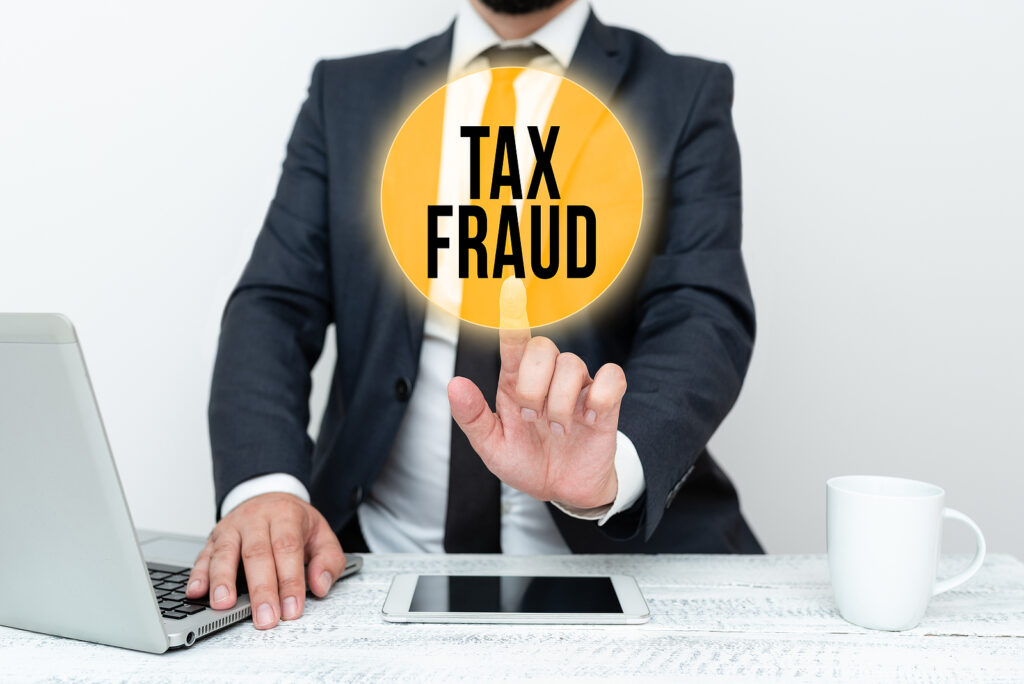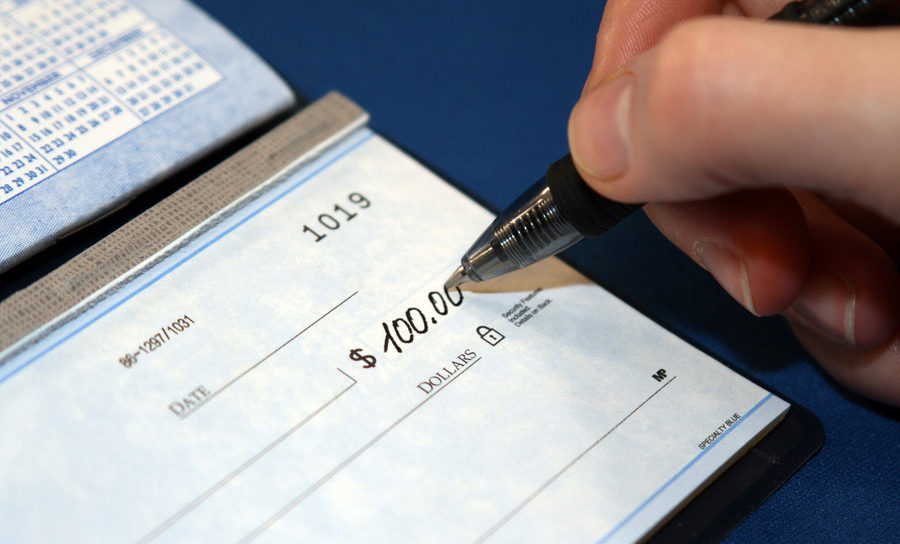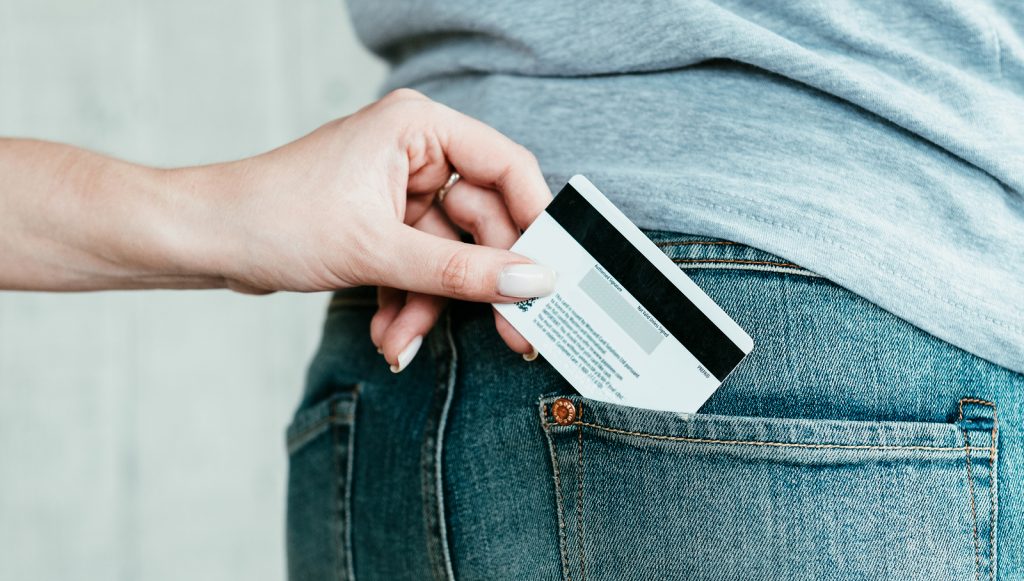In our increasingly digital world, the spectra of identity theft and financial crimes looms large, and Indiana residents are not immune to the threat of credit card fraud. With the potential of significant legal and financial repercussions, understanding the laws and your rights when faced with credit card fraud charges in the Hoosier State is crucial. This comprehensive guide is designed to walk you through everything you need to know about credit card fraud laws and defenses in Indiana.

The Legal Definition of Credit Card Fraud in Indiana
Credit card fraud, or commonly referred to as ‘credit card theft’, under Indiana law, can encompass a variety of actions. According to statutes, it involves knowingly and with intent to defraud using, presenting, or attempting to use, a credit card, debit card, or the numbers contained on these cards, to obtain money, property, or services, with the knowledge that the card, card number, or code has been canceled or revoked or is fictitious, altered, or forged, or is being used without the authorization of the issuer or the cardholder. The law makes it clear that any attempt to obtain services or property under false pretenses using credit card information that a person knows they shouldn’t be using can constitute fraud.
Examples of Credit Card Fraud in Indiana
- Making a purchase using a credit card or its number without the owner’s consent.
- Manufacturing fake credit cards.
- Using a stolen credit card or its details to make purchases.
The Consequences of Credit Card Fraud in Indiana
The penalties for credit card fraud in Indiana are serious and can vary based on the specific circumstances of the fraud. A conviction for credit card fraud can result in:
- Imprisonment from 6 months to 3 years.
- Fines ranging from $10,000 to $10,000, depending on the value of the property or services obtained.
- For second or subsequent offenses, imprisonment from 2 to 8 years and fines of up to $10,000.
- Victims of credit card fraud can also take civil action against the perpetrator, seeking damages for their losses.
Long-Term Impacts
A criminal record for credit card fraud can have long-term consequences, affecting opportunities for employment, housing, and credit. It’s not just the immediate legal consequences that can disrupt your life; the stigma of a financial crime can linger for years.
What to Do If You’re Accused of Credit Card Fraud
Being accused of credit card fraud is a serious matter and requires immediate action to protect yourself. If you find yourself in this situation, here are the steps you should take:
Protect Your Legal Rights
Exercising your right to remain silent and seeking legal counsel should be your first priorities. Any statements you make can be used against you in a court of law, and an attorney can help guide you through the legal process.
Seek Legal Counsel
It’s critical to consult with a criminal defense attorney as soon as possible. A qualified fraud crime lawyer can advise you on your rights, the potential defenses to your case, and the best course of action for your situation.
Gather Evidence
Your credit card fraud attorney will need as much information as possible to build a strong defense. This includes gathering documents related to the charges and any evidence that can support your innocence.
How to Defend Credit Card Fraud Charges
While the specifics of your defense strategy will depend on the details of your case, here are some common defenses that are used in credit card fraud cases:
Lack of Intent – If you can demonstrate that you did not intend to defraud anyone when you used the card, this can be a viable defense.
Lack of Knowledge – Claiming that you did not know the credit card was fraudulent or that you were using it without the card-holder’s consent can serve as a defense.
Mistaken Identity – If you can show that you were mistakenly identified as the perpetrator, this is a valid defense as well.
Conclusion: Protecting Your Future
Credit card fraud in Indiana is not something to take lightly. If you’ve been accused of this crime, your future and reputation are on the line. The best course of action is to take immediate steps to protect yourself legally and to seek the counsel of an experienced criminal defense attorney. With the right help, you can build a strong defense and work toward protecting your rights and preserving your future.
If you or someone you know is facing credit card fraud charges in Indiana, do not wait to seek legal assistance. The consequences of these charges can be life-altering, and an experienced attorney can help you understand your options and work toward the best possible outcome. Take action today to protect your future.
If you or your loved one has been charged with a fraud crime in Indiana, get in touch with us immediately. Contact Attorney David E. Lewis at 317-636-7514 to speak with a seasoned credit card fraud lawyer in Indianapolis, Indiana. Our law firm will get you the best possible outcome to your criminal case!
Related Posts:
Understanding the Different Types of Credit Card Fraud
What Constitutes Credit Card Fraud?
What are the Legal Repercussions of Check Fraud?





